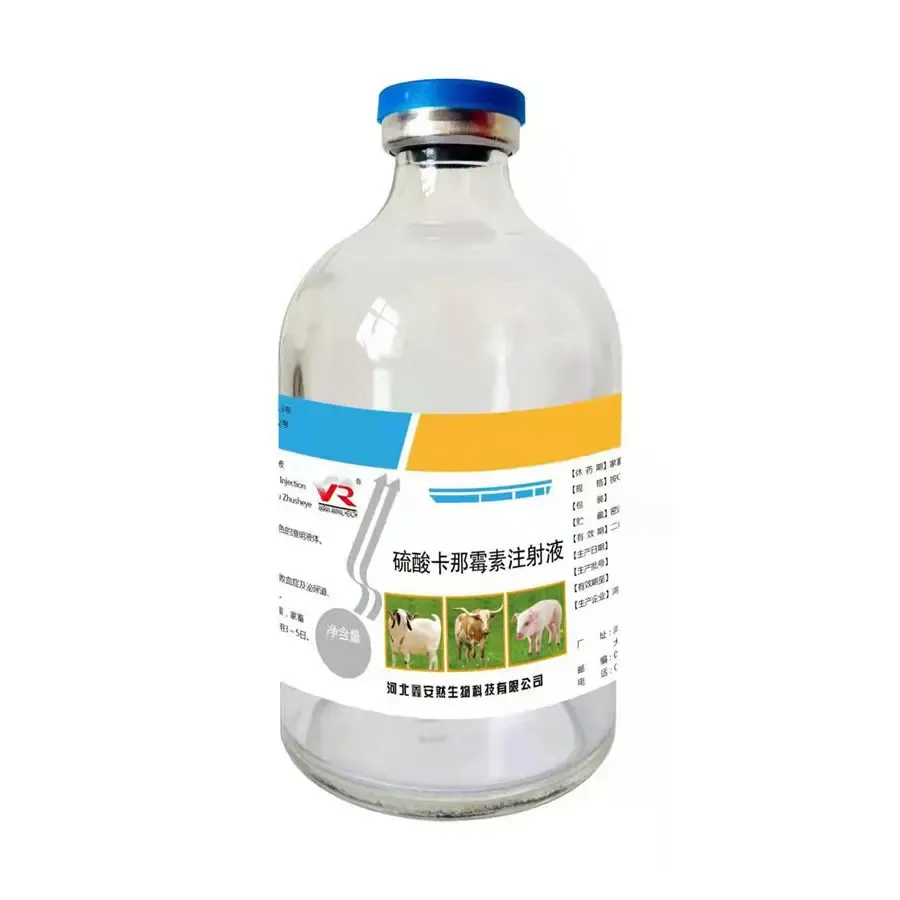- Afrikaans
- Albanian
- Amharic
- Arabic
- Armenian
- Azerbaijani
- Basque
- Belarusian
- Bengali
- Bosnian
- Bulgarian
- Catalan
- Cebuano
- Corsican
- Croatian
- Czech
- Danish
- Dutch
- English
- Esperanto
- Estonian
- Finnish
- French
- Frisian
- Galician
- Georgian
- German
- Greek
- Gujarati
- Haitian Creole
- hausa
- hawaiian
- Hebrew
- Hindi
- Miao
- Hungarian
- Icelandic
- igbo
- Indonesian
- irish
- Italian
- Japanese
- Javanese
- Kannada
- kazakh
- Khmer
- Rwandese
- Korean
- Kurdish
- Kyrgyz
- Lao
- Latin
- Latvian
- Lithuanian
- Luxembourgish
- Macedonian
- Malgashi
- Malay
- Malayalam
- Maltese
- Maori
- Marathi
- Mongolian
- Myanmar
- Nepali
- Norwegian
- Norwegian
- Occitan
- Pashto
- Persian
- Polish
- Portuguese
- Punjabi
- Romanian
- Russian
- Samoan
- Scottish Gaelic
- Serbian
- Sesotho
- Shona
- Sindhi
- Sinhala
- Slovak
- Slovenian
- Somali
- Spanish
- Sundanese
- Swahili
- Swedish
- Tagalog
- Tajik
- Tamil
- Tatar
- Telugu
- Thai
- Turkish
- Turkmen
- Ukrainian
- Urdu
- Uighur
- Uzbek
- Vietnamese
- Welsh
- Bantu
- Yiddish
- Yoruba
- Zulu
8 月 . 09, 2024 21:20 Back to list
Understanding the Uses and Benefits of Albendazole Suspension in Treating Infections and Disorders
The Therapeutic Uses of Albendazole Suspension
Albendazole is a broad-spectrum anthelmintic medication used primarily to treat parasitic infections in humans and animals. It is particularly effective against a variety of worms, including roundworms, tapeworms, and flukes. The suspension form of albendazole is particularly useful for children and individuals who may have difficulty swallowing tablets. Understanding the purposes and mechanisms of action of albendazole suspension can help improve the treatment of various infections and promote better health outcomes.
Mechanism of Action
Albendazole works by inhibiting the polymerization of tubulin, which is essential for the formation of microtubules in the cells of the parasites. Microtubules play a critical role in various cellular processes, including cell division and nutrient absorption. By disrupting microtubule formation, albendazole hampers the growth and reproduction of the parasites, eventually leading to their death. It is particularly effective against both the adult and larval stages of these organisms.
Indications for Use
The primary use of albendazole suspension is to treat infections caused by helminths (worms). It is commonly prescribed for
1. Nematode Infections These include infections caused by roundworms such as Ascaris lumbricoides (giant roundworm) and Enterobius vermicularis (pinworm). Such infections can lead to nutritional deficiencies and other health issues, especially in children.
2. Cestode Infections Albendazole is also effective against tapeworms, such as Taenia solium (pork tapeworm) and Echinococcus granulosus, which can cause cystic echinococcosis—a serious condition leading to the formation of cysts in organs.
para que sirve albendazol suspension

4. Neurocysticercosis This severe condition, often caused by the pork tapeworm, can result in cysts in the brain. Albendazole is a crucial component of the treatment regimen for this condition, helping to reduce inflammation and the size of cysts.
5. Filariasis Albendazole is sometimes used in combination with other medications, such as ivermectin, to treat filarial infections, which can cause lymphatic filariasis and river blindness.
Administration and Dosage
Albendazole suspension is generally taken orally, and its dosage depends on several factors, including the type of infection, the age of the patient, and their overall health condition. For children, the suspension is often favored because it is easier to administer and ensures accurate dosing. It is important for patients to follow the prescribed dosage strictly and complete the full course of therapy to ensure the effective elimination of the parasites.
Side Effects and Precautions
While albendazole is often well tolerated, some individuals may experience side effects such as stomach pain, nausea, headache, or dizziness. Rarely, it can cause more severe reactions such as liver toxicity or blood disorders. Therefore, it's vital for healthcare providers to monitor patients receiving treatment, especially in populations that may have underlying health conditions.
Conclusion
Albendazole suspension is a critical tool in the fight against parasitic infections, particularly in children and individuals at risk. Its broad-spectrum activity against various worms makes it a go-to choice for healthcare practitioners around the world. By understanding its uses, mechanisms, and potential side effects, caretakers can ensure effective treatment and enhance patient outcomes, ultimately contributing to improved public health. As research continues to evolve, the applications of albendazole may expand, proving invaluable in combating parasitic diseases globally.
-
The Power of Radix Isatidis Extract for Your Health and Wellness
NewsOct.29,2024
-
Neomycin Sulfate Soluble Powder: A Versatile Solution for Pet Health
NewsOct.29,2024
-
Lincomycin Hydrochloride Soluble Powder – The Essential Solution
NewsOct.29,2024
-
Garamycin Gentamicin Sulfate for Effective Infection Control
NewsOct.29,2024
-
Doxycycline Hyclate Soluble Powder: Your Antibiotic Needs
NewsOct.29,2024
-
Tilmicosin Premix: The Ultimate Solution for Poultry Health
NewsOct.29,2024













